ABR receives a commission on items purchased through this link. All ABR reviews are fully independent.
Source of the rot
There must be something in the post-Brexit air encouraging British novelists to take the long view. Alan Hollinghurst’s Our Evenings joins recent doorstopper works – from Ian McEwan’s Lessons (2022) to Andrew O’Hagan’s Caledonian Road (2024) – that explore postwar Englishness from a standpoint of jaded retrospection. While they function as a kind of summation or reinforcement of their authors’ talents, they also offer a stinging critique of the nation’s propensities and historical prejudices. It is even possible to discern in the margins a note of contrition, an acknowledgment of the perspectives these writers have overlooked or neglected until now.
Our Evenings – the plaintive title seems deliberately to recall Kazuo Ishiguro’s The Remains of the Day (1989) – scratches Hollinghurst’s primary authorial itch: the intersection of class and sexuality. But he augments and complicates this with another marker of identity, one he has touched on but never fully explored until now: race. His protagonist is not only gay and working class, he is the product of a mixed-racial marriage between an English mother and a totally absent Burmese father. For David Win, raised entirely in the United Kingdom and given access to English public schools via a scholarship, his racial identity is something of an embarrassment, best ignored. And while his presence at school is tolerated, the question of belonging never really resolves itself. The long shadow of colonisation hangs over the novel; it folds in the bitter recriminations of the Leave vote, but it also winds its way back to Margaret Thatcher and Harold Macmillan, as if searching for the source of the rot.
Continue reading for only $10 per month. Subscribe and gain full access to Australian Book Review. Already a subscriber? Sign in. If you need assistance, feel free to contact us.
ABR receives a commission on items purchased through this link. All ABR reviews are fully independent.


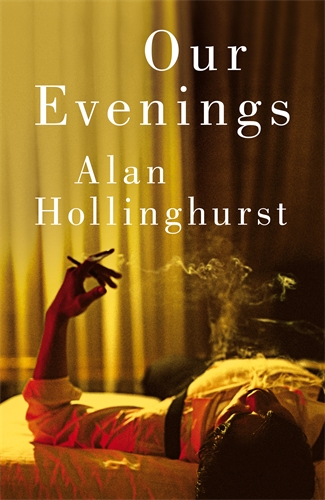
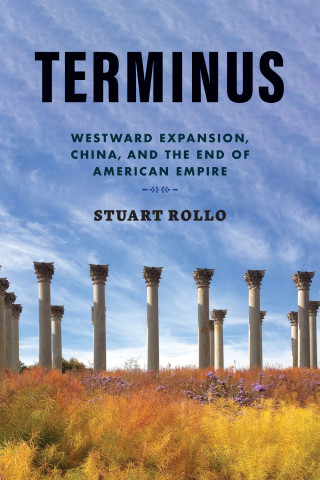
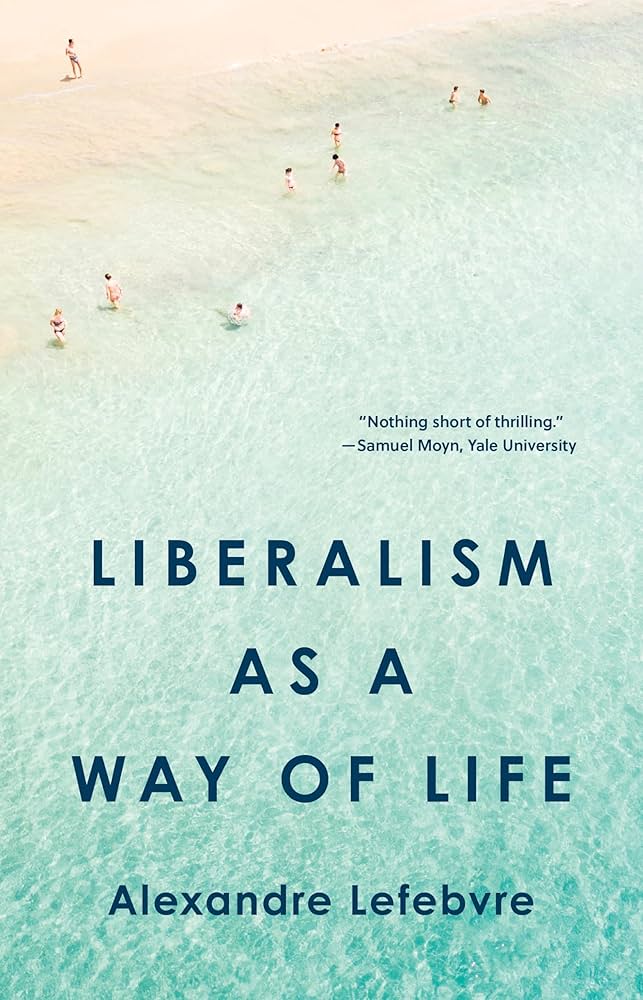
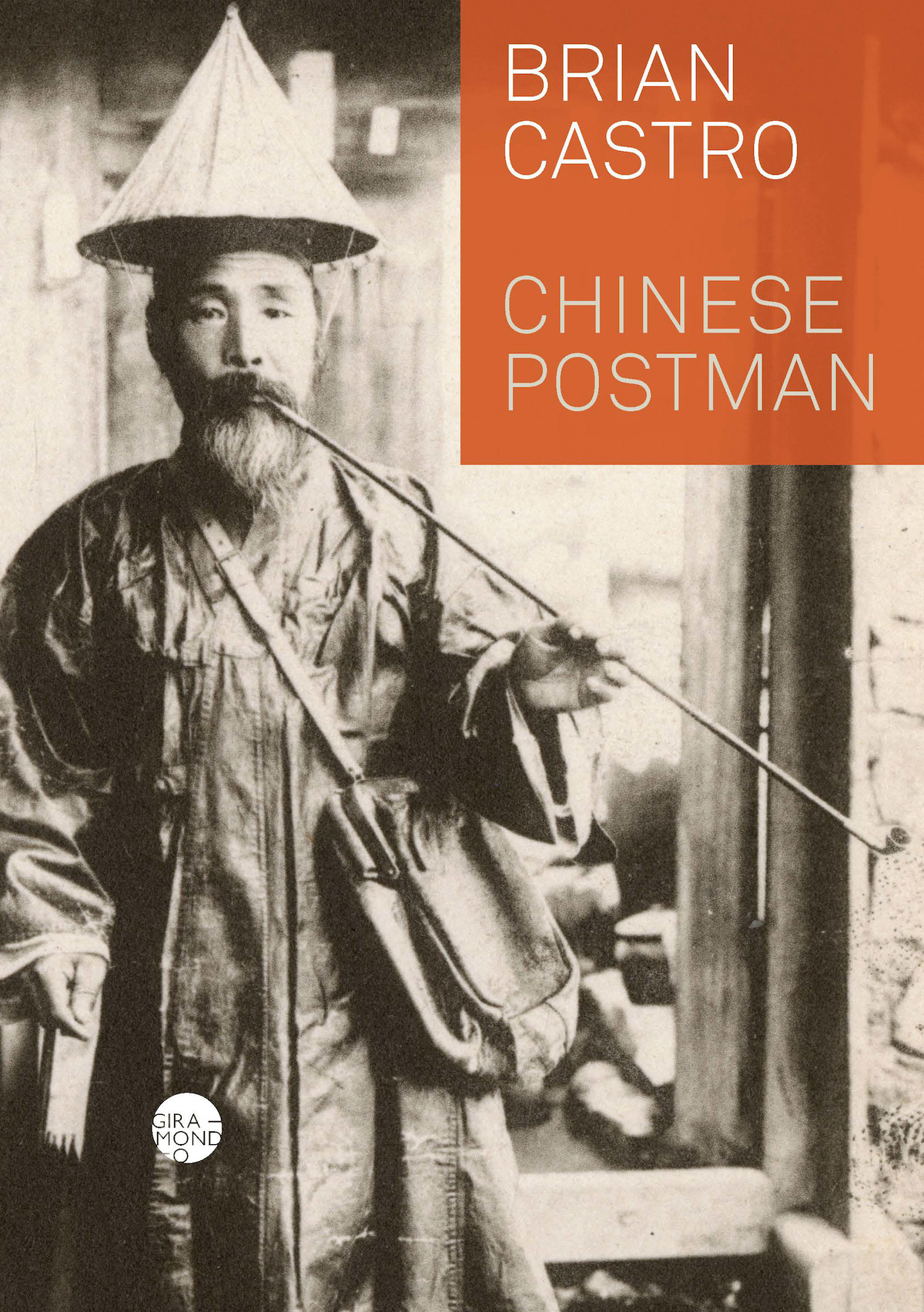


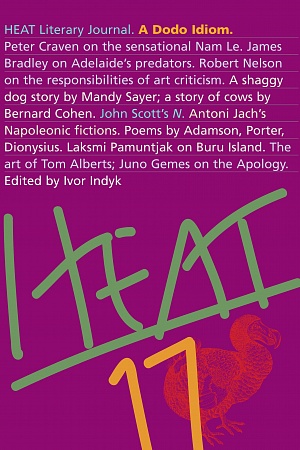
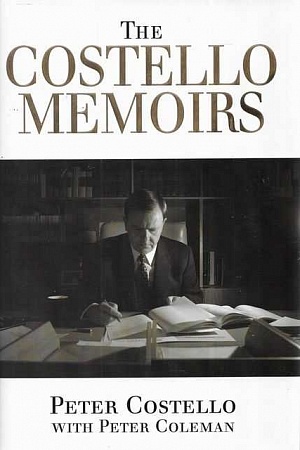

Leave a comment
If you are an ABR subscriber, you will need to sign in to post a comment.
If you have forgotten your sign in details, or if you receive an error message when trying to submit your comment, please email your comment (and the name of the article to which it relates) to ABR Comments. We will review your comment and, subject to approval, we will post it under your name.
Please note that all comments must be approved by ABR and comply with our Terms & Conditions.